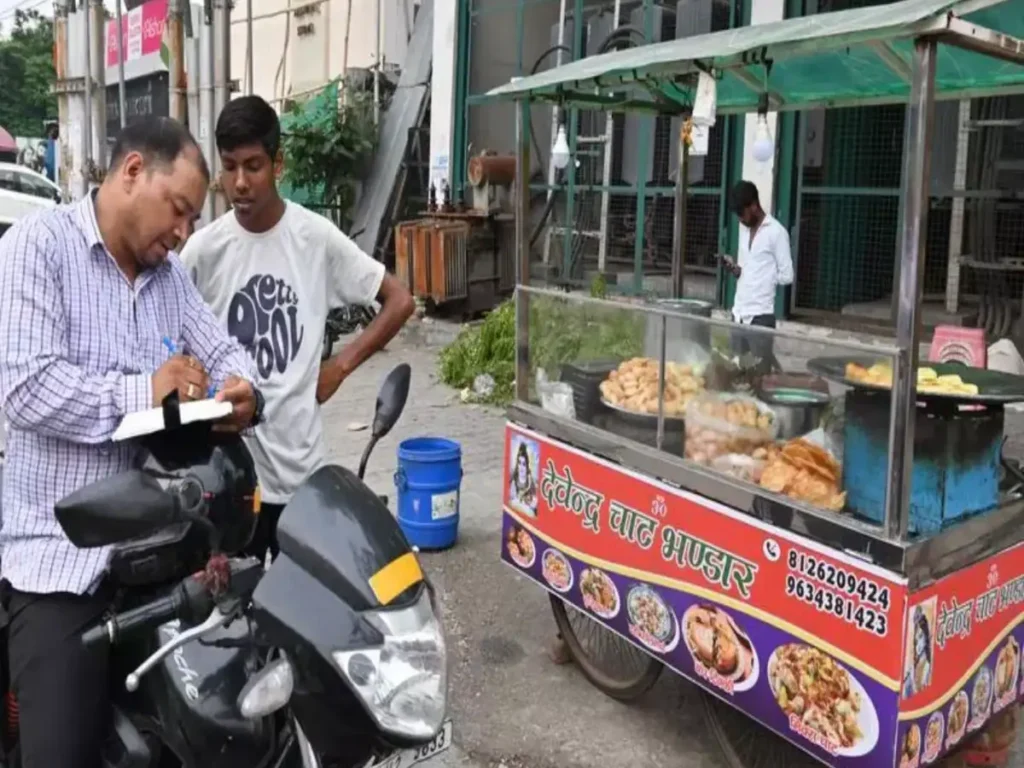Court says name display not mandatory; prioritises religious sensitivities

New Delhi, July 23, 2025
The Supreme Court has ruled that eateries along the Kanwar Yatra route in Uttar Pradesh must display only their licence and registration. The decision follows the state government’s attempt to mandate that food vendors also display owner names. That move triggered controversy during the religious procession. The court emphasized that such name displays were unnecessary and refrained from entering that aspect of the matter.
A bench of Justices MM Sundresh and NK Singh heard the matter. They said compliance with food safety and licensing norms is essential. However, the state cannot force eateries to display the names of their owners. The case arose from Uttar Pradesh’s plan to install QR codes at food stalls. These codes would show ownership details, raising concerns about religious sensitivities and possible backlash.
During the hearing, the bench pointed out that many pilgrims along the Kanwar route avoid non-vegetarian food for religious reasons. Justices Sundresh and Singh had walked parts of the yatra route themselves. They said the court understood the religious context. The goal was to balance public interest with legal duties. The judges ruled that if eateries had valid food licences and registration documents, no further action was needed.
The bench stated, “Today is likely the last day of the yatra, and it is expected to end soon. Therefore, any direction we issue should be general and limited to compliance with licensing norms only.” The court said the state should not impose more display rules on food vendors without legal backing. Many see this decision as a win for small vendors and for those worried about the communal impact of revealing owner names.
The Supreme Court’s order clarifies that regulatory compliance must not come at the cost of religious harmony. The bench clarified that the court’s role is to enforce licensing and registration rules. It will not address social or religious tensions caused by forced name disclosures.
This ruling also sets a precedent on the extent of state control during religious events, reminding governments to act within constitutional bounds. Observers say this decision could influence how local administrations regulate public facing services during other religious gatherings across India.
Source
